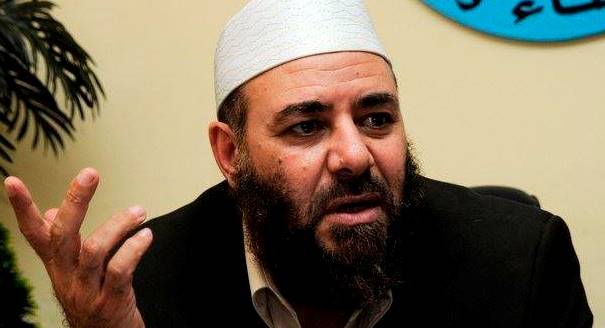This resource was published on 9/20/2011 and is not updated to reflected changing circumstances.
The Building and Development Party (al-Banna’ wa al-Tanmiyya) is the official political party of the Egyptian al-Gama’a al-Islamiyya (the Islamic Group). It was founded by the prominent Islamist Tareq al-Zumr following the January 2011 uprising. Al-Banna’ wa al-Tanmiyya was a member of the Democratic Alliance until it left on October 14, 2011, accusing the Brotherhood of monopolizing the political process and not dealing with them in good faith. The party won a number of seats in the 2011-2012 parliamentary elections as a member of the Islamist Alliance.
Major Party Figures
Tareq al-Zumr: Founder
Safwat Abd al-Ghani: Founder
Al-Shazli al-Sagher: Founder
Ashraf Tawfiq: Founder
Mohammed Essam Derbala: President of the Shura Council of the Egyptian al-Gama’a al-Islamiyya
Osama Hafez: Vice president of the Shura Council of the Egyptian al-Gama’a al-Islamiyya
Background
On June 20, 2011, the Egyptian al-Gama’a al-Islamiyya announced the establishment of its official political wing, al-Banna’ wa al-Tanmiyya. The party was founded by a number of prominent members of al-Gama’a Islamiyya in Egypt, including Tareq al-Zumr and Safwat Abd al-Ghani. Tareq al-Zumr made headlines in Egypt in March 2011 when he was released from prison along with Aboud al-Zumr, after the two spent thirty years in prison for planning President Anwar al-Sadat’s assassination.
The party’s founders stated that their group has accepted the principles of political pluralism and equality and has renounced all forms of violence. On September 19, the Political Parties Affairs Committee denied the party a license because its platform was deemed “purely religious.” Al-Banna’ wa al-Tanmiyya finally gained official recognition as a political party in October 2011.
Platform
Political Issues
- Supporting a new political system based on the principles of freedom, justice, plurality, equality, and peaceful rotation of power
- Promoting legal, constitutional, and political reform, such as greater judicial oversight over the national security apparatus
- Supporting solutions to social, political, economic, and strategic challenges that come from Islam and the modern application of Islamic law
Socioeconomic Issues
- Preserving Egypt’s Islamic and Arab identity and challenging any attempts at Westernization and secularization
- Establishing strong Islamic values in society to combat injustice, corruption, and moral decay
- Establishing Islamic hudud or criminal punishments including the cutting off of hands for theft, stoning to death of adulterers, and lashing of those who drink alcohol
- Supporting the roles of the family and women in society in accordance with Islamic principles
- Spreading the political concepts and values of Islam and combating smear campaigns against Islam
Foreign Policy Issues
- Affirming Egypt’s role as a leader of the Arab world and the Islamic community
- Supporting the right of occupied peoples to their land, especially in Palestine
- Establishing stronger political and economic relations with the Nile Basin countries





